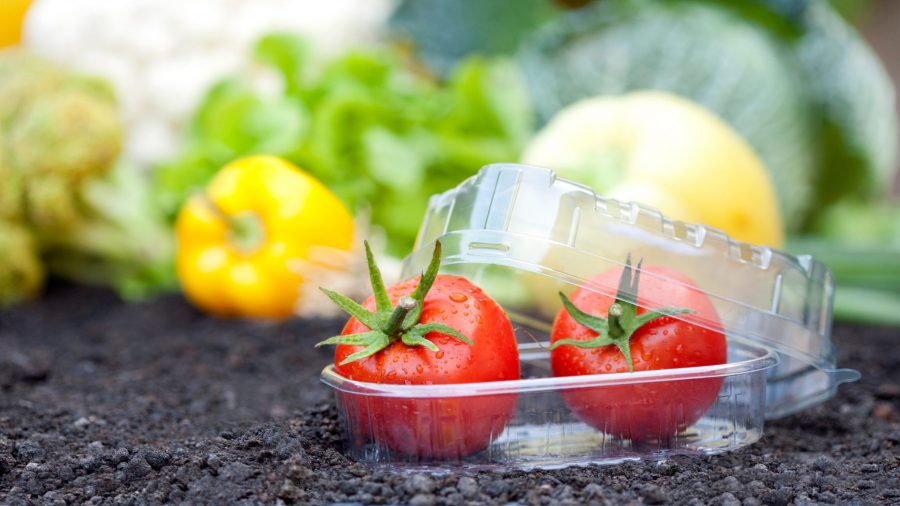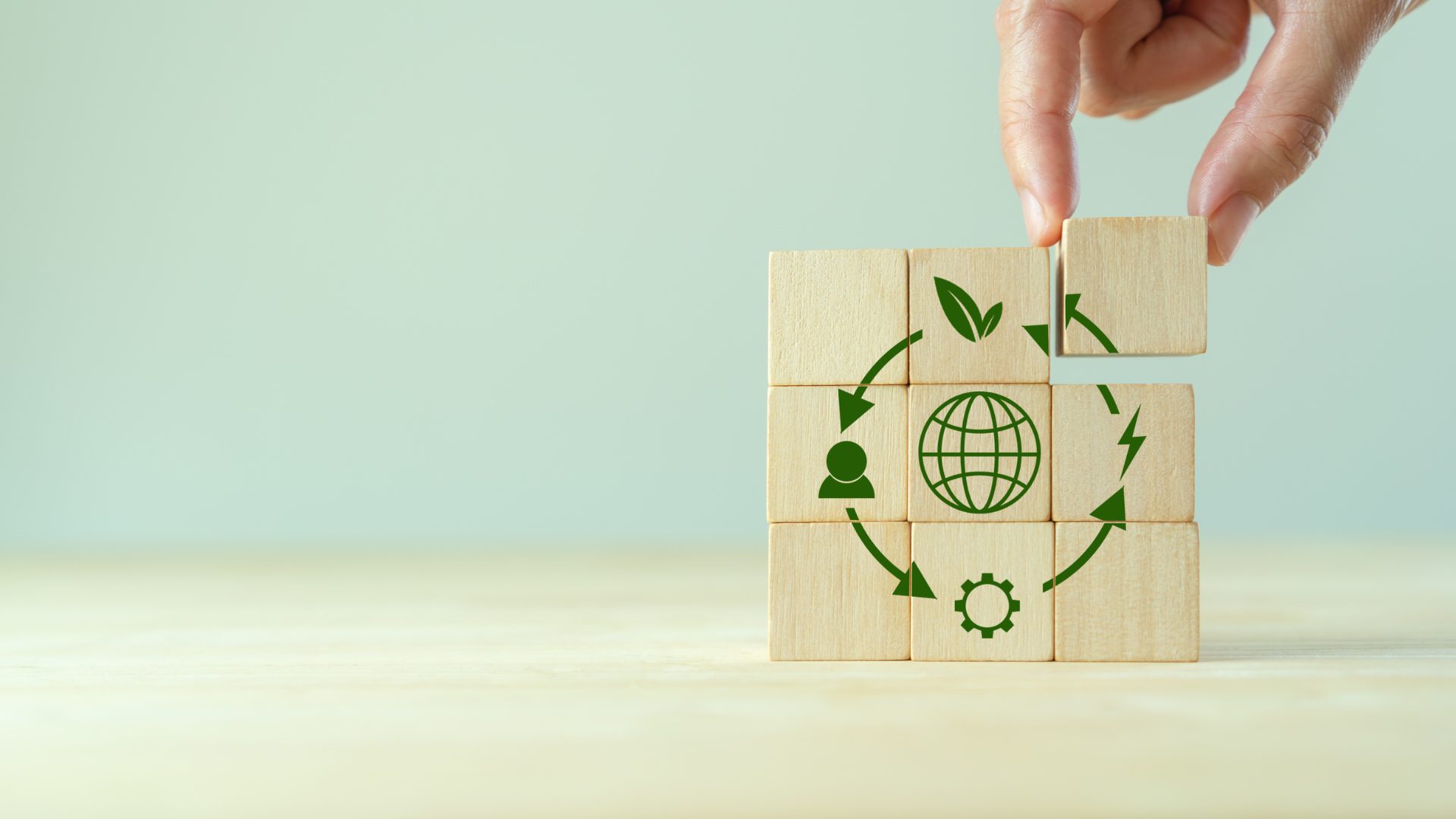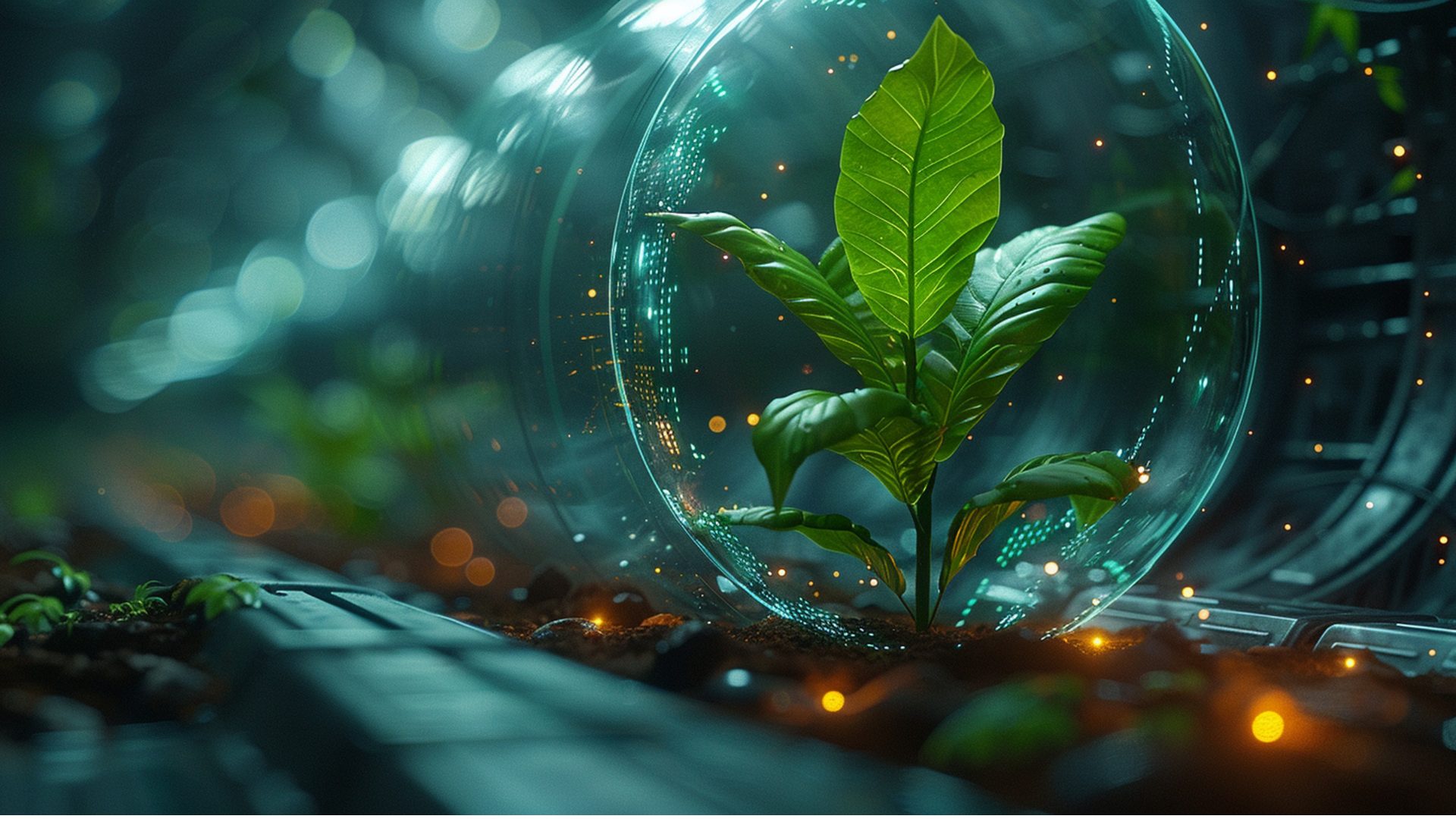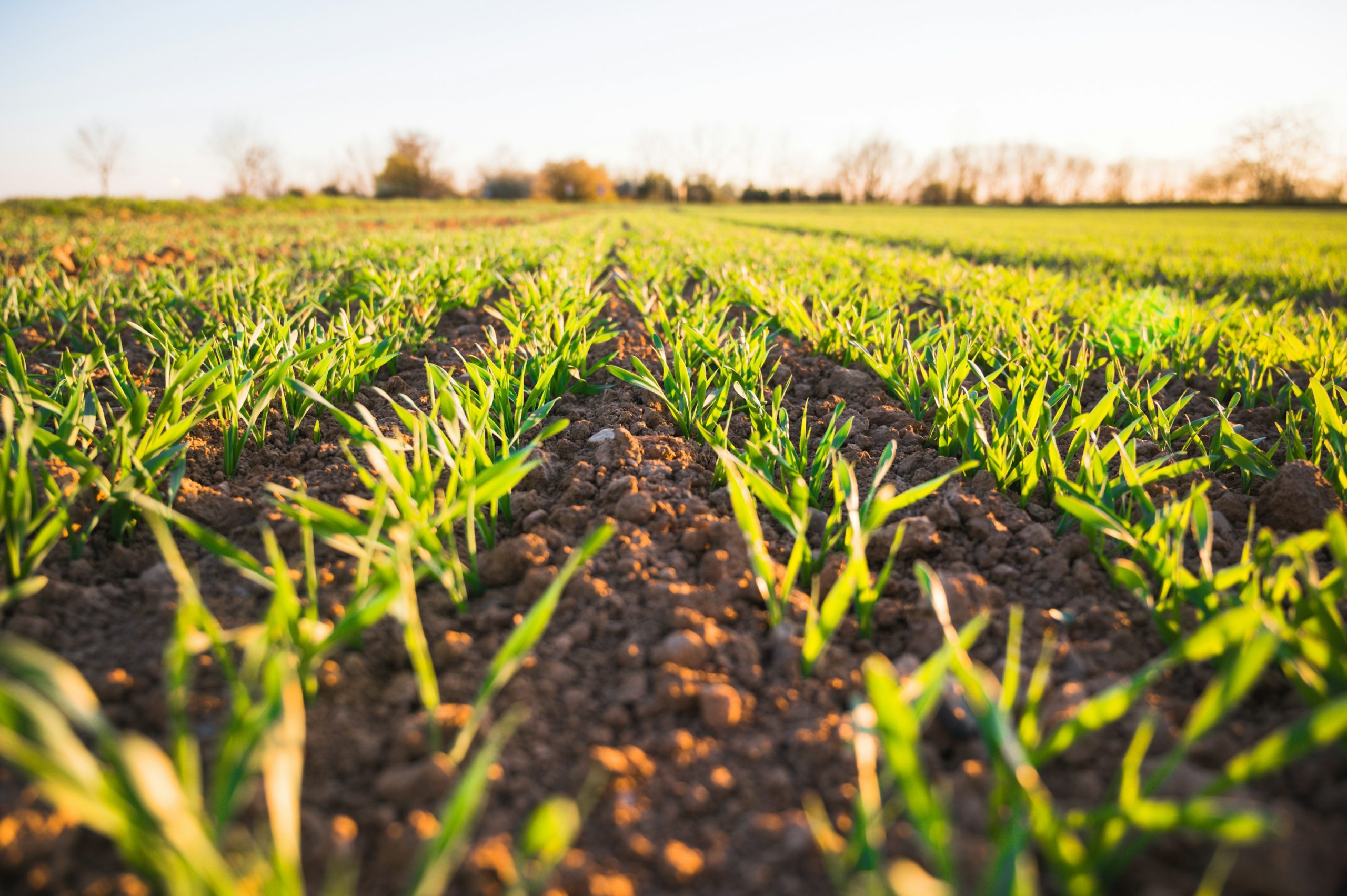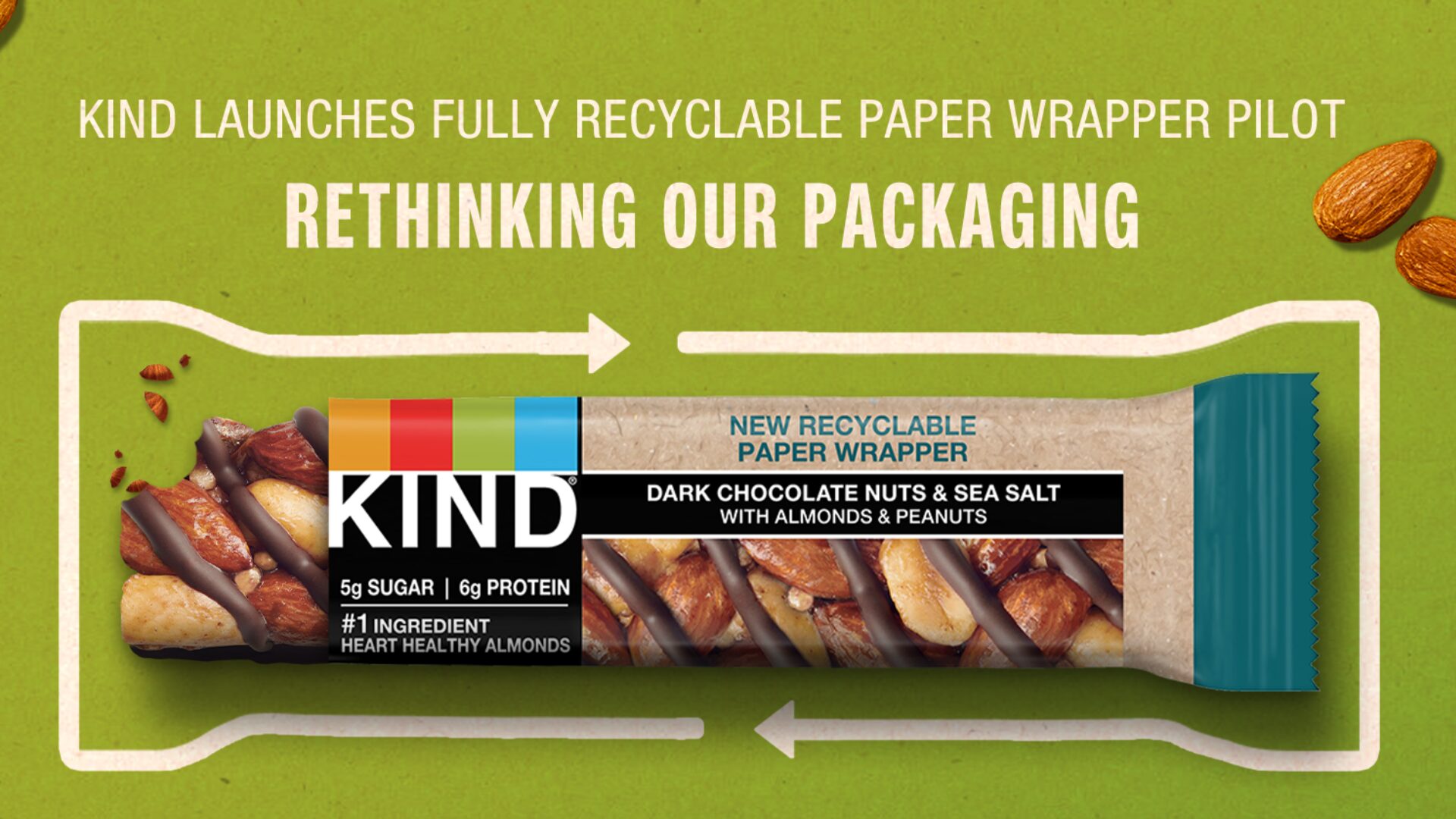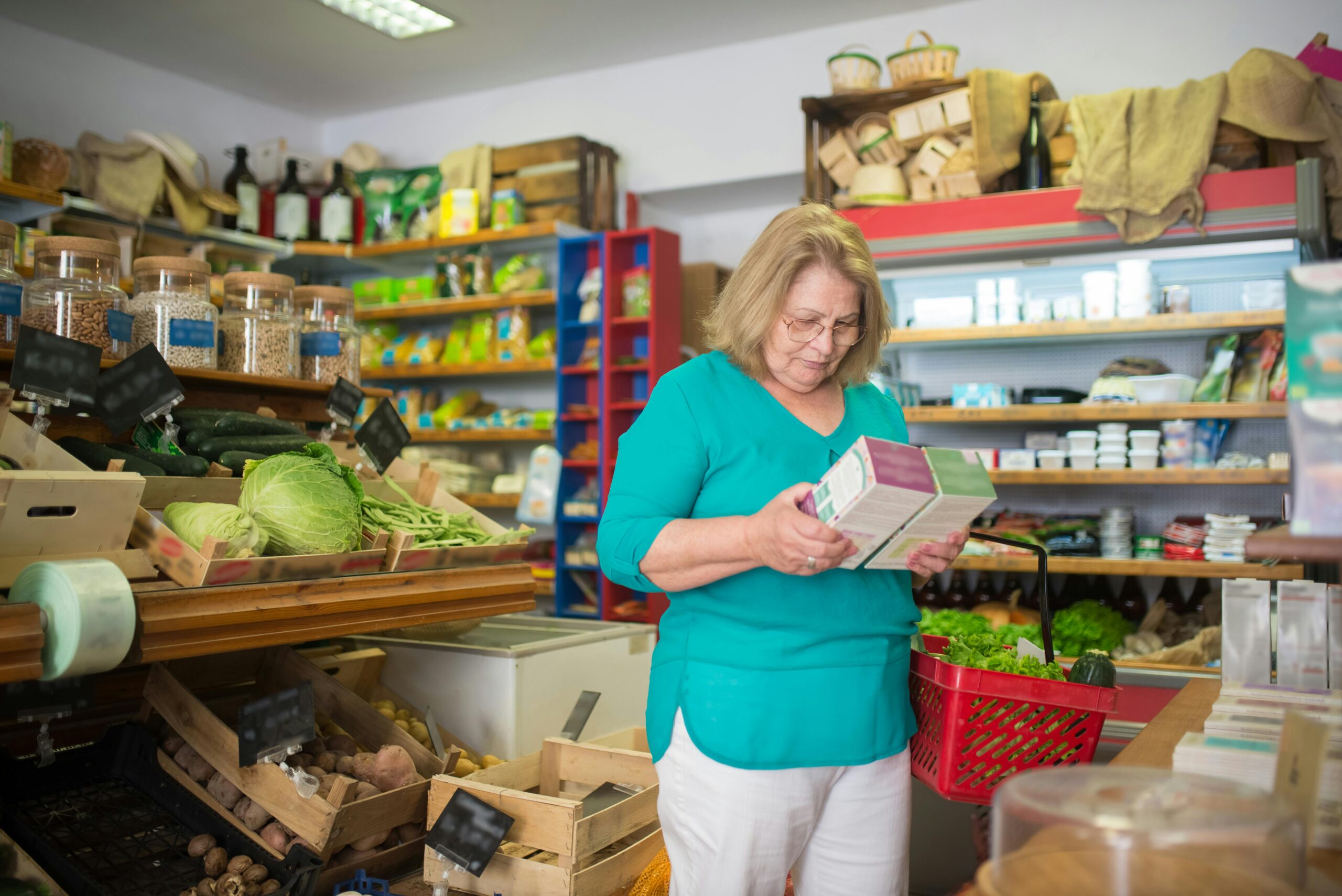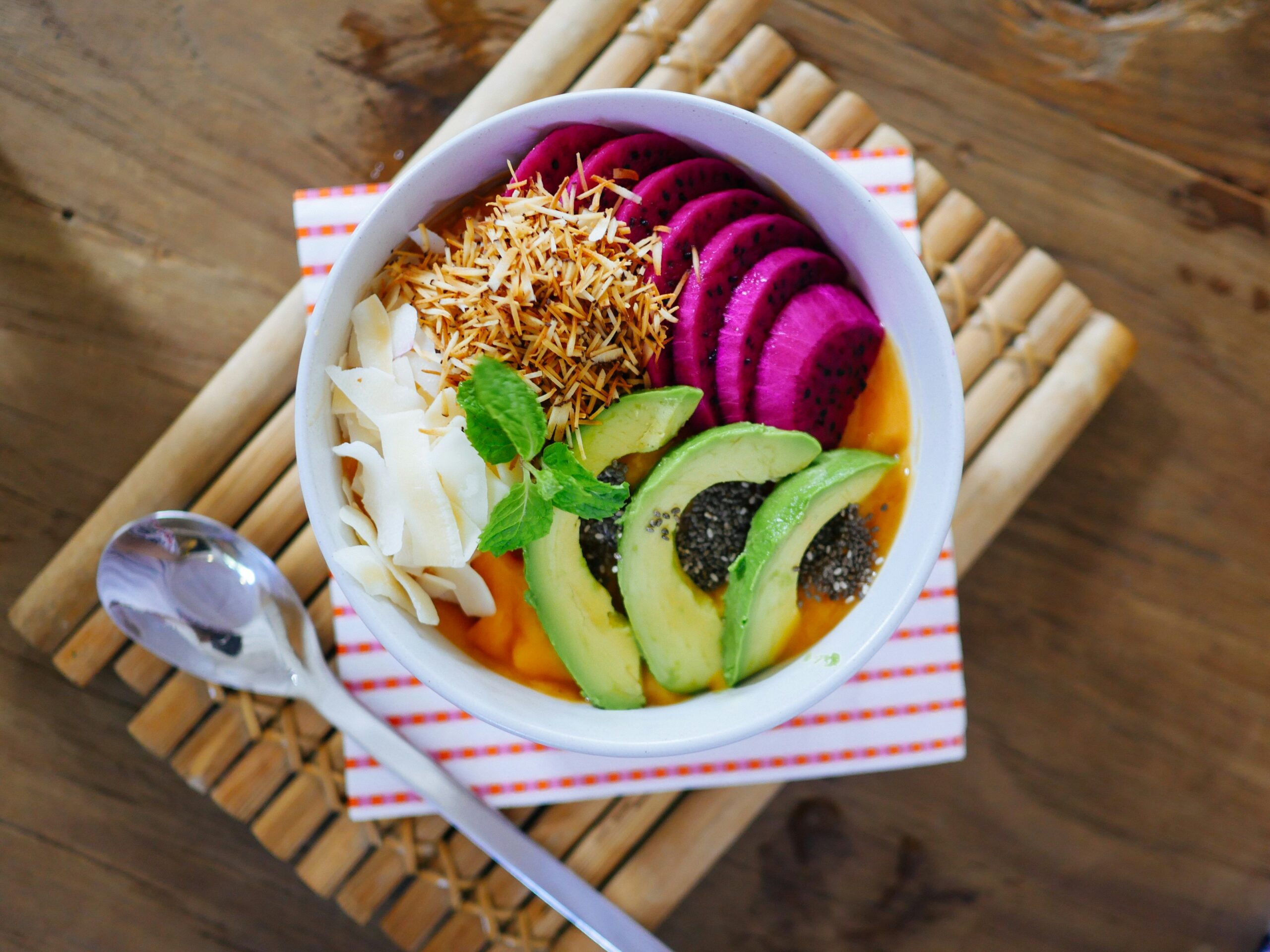As more food companies prioritize ESG initiatives, the use of compostable packaging continues to gain traction as an earth-friendly alternative to plastic.
In the first half of 2021, major players like Chipotle, Taco Bell, and Mars Wrigley expanded their sustainable packaging initiatives to include more compostable single-use products.
Last month, two peer-reviewed studies from the Agricultural Research Organization in Israel revealed that some variations of compostable packaging are as effective as conventional plastic for preserving fresh produce.
Measuring Shelf-Life
For the ARO studies, researchers compared shelf-life differences between compostable and conventional plastic packaging using produce like bell peppers.
Findings showed that micro-perforated compostable packaging preserved the bell peppers for up to 21 days. Furthermore, both studies concluded that the compostable option provided a preferable alternative to traditional plastics for vegetable preservation, reported Fresh Fruit Portal (July 21).
The study marks another triumph for the biodegradable packaging market, which has grown 5.34% so far in 2021 and is expected to accelerate at a CAGR of almost 6% through 2025, according to Technavio.
Composting Challenges
Due to the nature of the process, many municipal and commercial composting facilities do not accept compostable packaging. Even at the current rate of circulation — which is marginal compared to plastic — a large percentage of these materials still end up in landfills.
Some companies, such as Numi Organic Tea, prioritized the use of compostable packaging only find that discrepancies between industry standards and facility procedures significantly affected the product’s ability to biodegrade.
“Additionally, only around 5% of U.S. households have access to commercial composting,” Jane Franch, Numi’s VP of Strategic Sourcing & Sustainability told The Food Institute. “So only a small fraction of our plant-based tea wrappers get composted in reality.”
Comparing Environmental Impacts
While significant challenges exist, from a waste cycle perspective, compostable packaging is one of the more ecofriendly biodegradable options.
“Biodegradable material can still leave behind toxic materials or in some instances take as long to break down as regular plastics. Compostable material does not have these problems,” Ford Seeman, founder and president of Forest Founders, told The Food Institute. “Even if end life is a landfill, these materials will be much less harmful to the environment if they leak into surrounding areas.”


